Cruise Ship Sexual Abuse Lawyers: Who Is Liable for Sex Assault at Sea?
Identifying liability for sexual assault at sea is a complex issue that primarily places responsibility on cruise lines, as mandated by the Cruise Vessel Security & Safety Act (CVSSA) of 2010. This legislation requires cruise companies to implement thorough measures for preventing, detecting, and responding to sexual assaults aboard their vessels, including providing security personnel, forensic examination facilities, and victim support resources. Victims of such crimes can pursue civil lawsuits against cruise lines for negligence in ensuring their safety, with the legal landscape often involving intricacies across various jurisdictions. Experienced legal counsel specializing in maritime law is essential for navigating these intricacies, holding perpetrators and cruise lines accountable, and securing justice and compensation for victims. Exploring further can reveal deeper insights into how victims can effectively respond and recover, emphasizing the critical nature of specialized legal support.
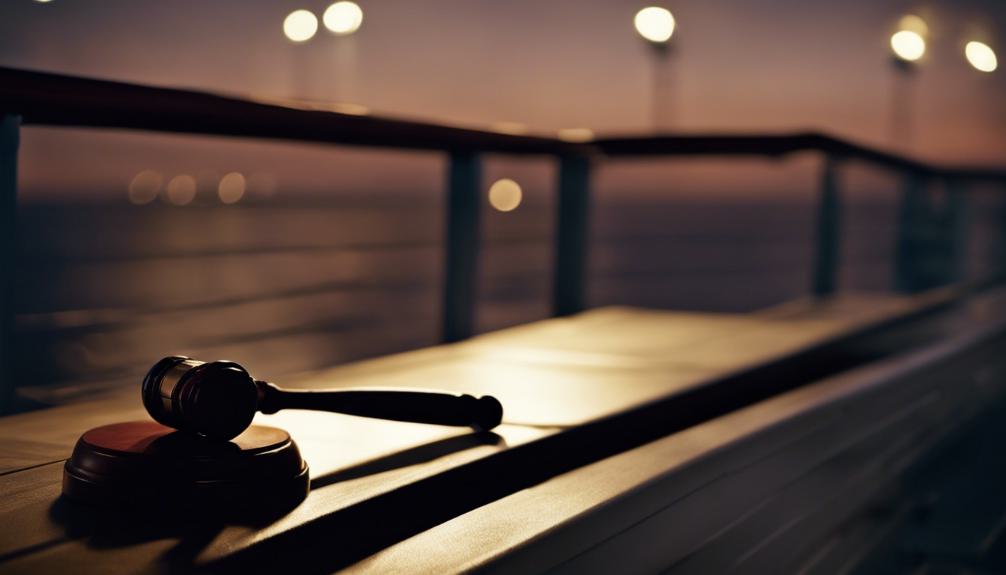
CVSSA Overview
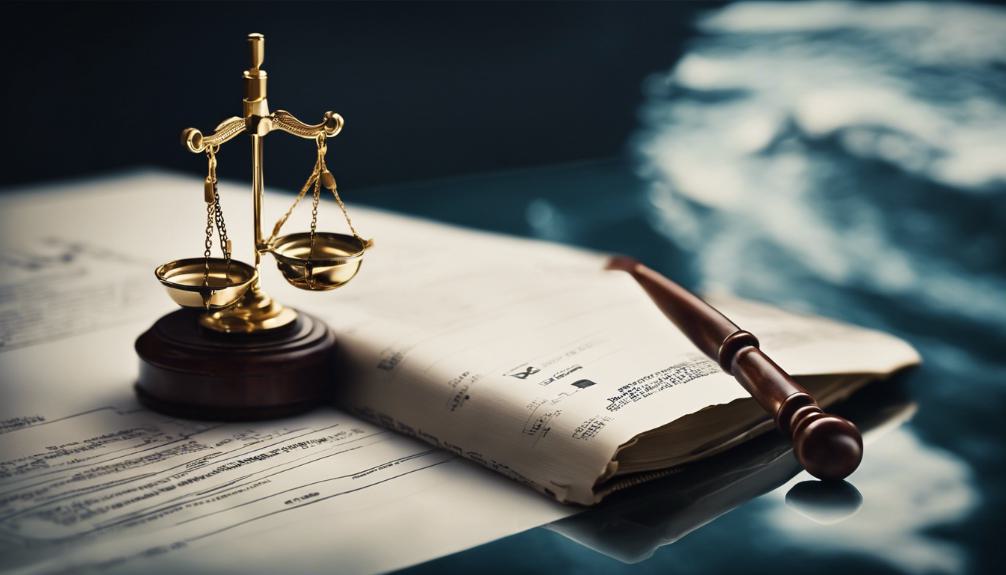
The Cruise Vessel Security & Safety Act (CVSSA) of 2010 represents a significant legislative effort, championed by RAINN, to enhance the protection of passengers from sexual violence aboard cruise ships. This pivotal legislation mandates that cruise ships adopt thorough measures designed to prevent, detect, and respond to instances of sexual assault. Among its provisions, the CVSSA requires that cruise lines provide passengers with access to security guides that detail the procedures for reporting crimes. It also mandates that ships be equipped with facilities to conduct forensic sexual assault examinations on board. By establishing these guidelines, the CVSSA aims to create a safer environment for passengers, ensuring that victims of sexual violence have the necessary support and resources to pursue justice.
Legal Liability Explained
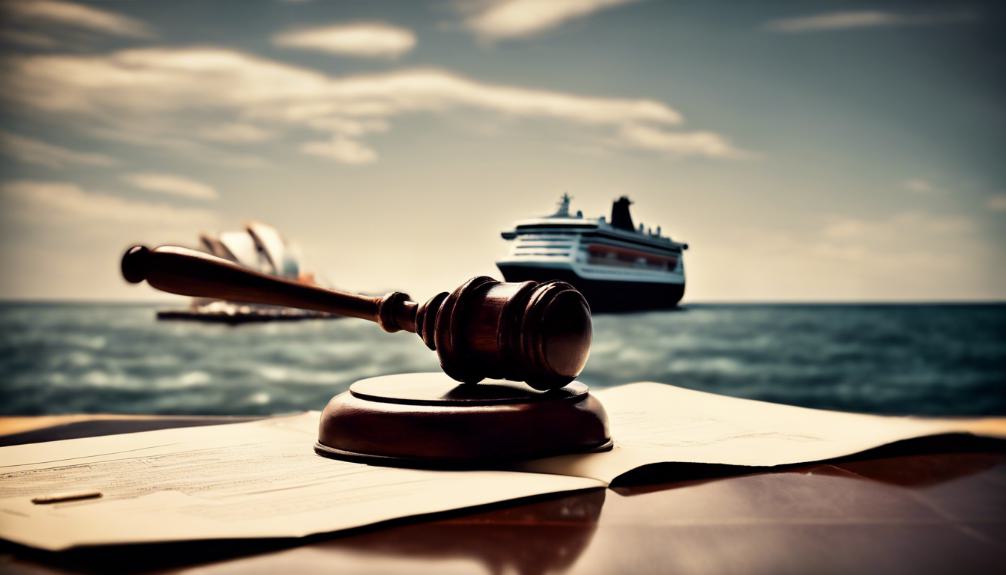
Having outlined the foundation of the Cruise Vessel Security & Safety Act (CVSSA) and its role in enhancing passenger protection, we now explore the legal ramifications for cruise lines when sexual assaults occur on their ships. Victims of such assaults can pursue civil lawsuits against cruise lines, holding them accountable for negligence and failure to guarantee a safe environment. The legal landscape in these cases is complex, often involving multiple jurisdictions and defendants, including the cruise line itself. Accountability is vital, not only for the perpetrator but also for the cruise line, to make sure both are held responsible. Lawsuits serve as a significant mechanism for victims seeking justice, emphasizing the importance of experienced legal guidance to navigate the intricate jurisdictional challenges inherent in cruise ship sexual assault cases.
Victim Response Guidelines
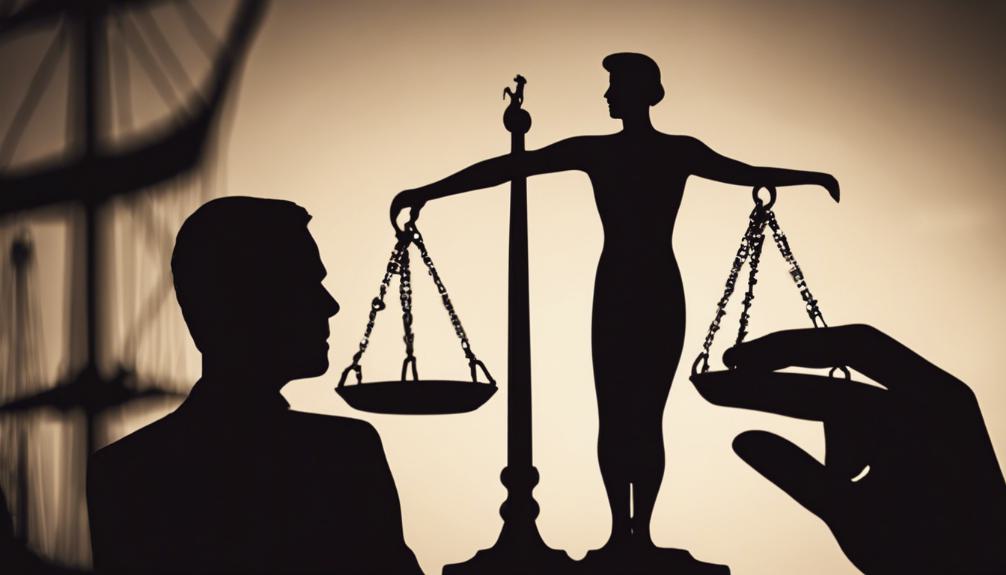
Victims of sexual assault on cruise ships should immediately seek medical attention, report the incident to ship authorities, and consider legal consultation to navigate the subsequent steps effectively. The Cruise Vessel Security & Safety Act (CVSSA) mandates that cruise ships provide facilities for sexual assault forensic examinations and make sure that victims are aware of their rights and the procedures for reporting crimes. It's critical for victims to document all evidence meticulously, including medical reports and any communications with ship personnel. Emotional support from trained counselors or support groups should also be sought to help manage the trauma. Engaging an experienced sexual assault lawyer early can significantly aid in understanding legal rights, potential claims against multiple defendants, and maneuvering the complex jurisdictional landscape of maritime law.
Assault Statistics
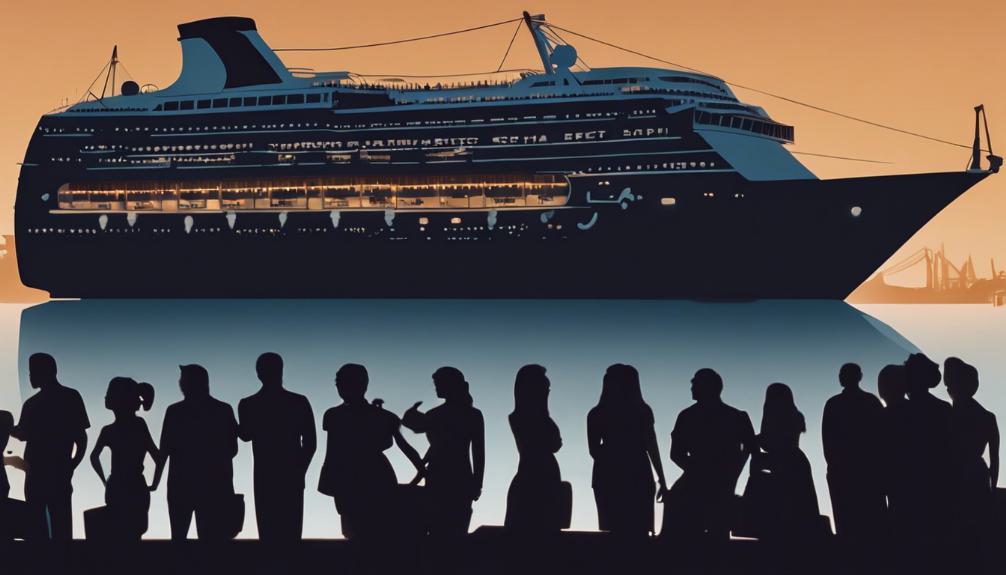
In 2016, cruise lines reported a total of 92 crimes, with sexual assaults constituting the majority at 62 cases, including those involving minors. This statistic underscores the critical issue of sexual violence aboard cruise ships, reflecting not just the prevalence of such incidents but also the urgent need for thorough safety measures and legal frameworks to protect passengers. The high incidence of sexual assault cases, especially those involving vulnerable groups like minors, highlights the importance of strict security protocols and the effective implementation of laws designed to safeguard cruise ship passengers. It emphasizes the necessity for victims to be aware of their legal rights and the available avenues for seeking justice, reinforcing the role of legal professionals in maneuvering the complex terrain of maritime law and ensuring accountability.
Safety Challenges
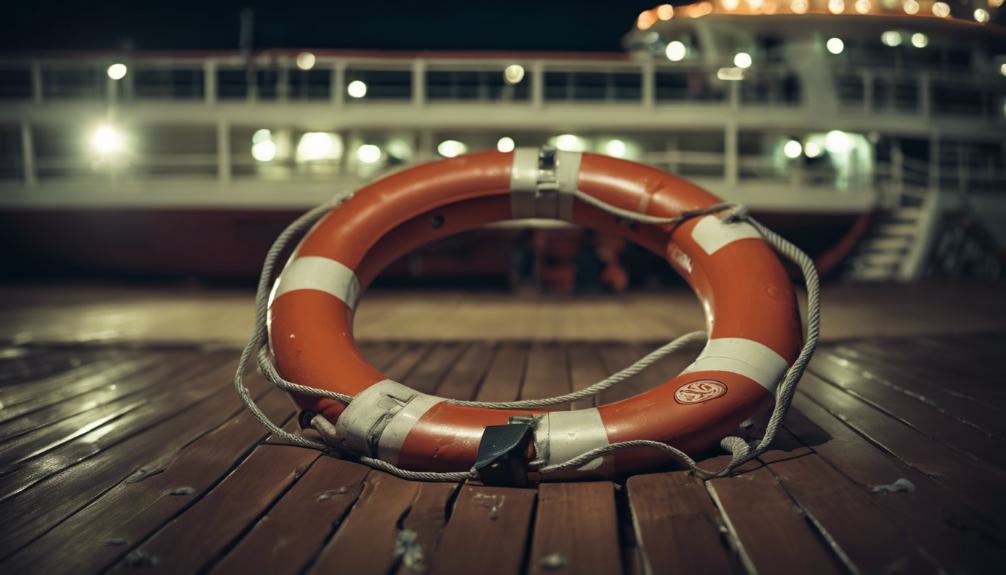
Cruise ships, despite their luxurious allure, frequently face significant safety challenges, particularly in preventing incidents of sexual assault among passengers and crew. The enclosed environment of a cruise ship, while offering a unique travel experience, also presents opportunities for predators, including those within the crew. The complexity of jurisdictional boundaries at sea further complicates the legal landscape, making it challenging for victims to pursue justice. Additionally, the responsibility of cruise lines to guarantee the safety of their passengers includes the implementation of adequate surveillance and security measures. However, instances of negligence leading to sexual assaults highlight the ongoing struggle to maintain a safe environment. These challenges underscore the importance of stringent safety protocols and responsive measures to prevent and address sexual assault on cruise ships.
Passenger Safety Duties
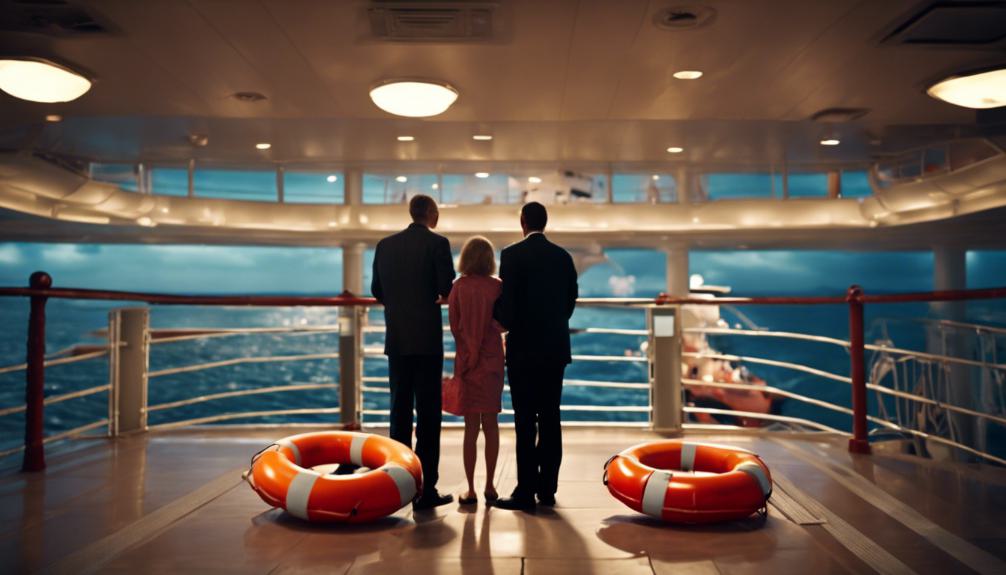
Ensuring the safety of passengers aboard cruise ships requires a multifaceted approach that includes strict adherence to security measures and vigilant monitoring. This duty encompasses everything from the deployment of surveillance technologies to the training of staff in recognizing and responding to potential threats. The implementation of the Cruise Vessel Security & Safety Act (CVSSA) underscores the importance of these measures by mandating certain security protocols, including the availability of sexual assault forensic exam facilities and clear guidance for passengers on how to report crimes. Additionally, ensuring passenger safety involves regular assessments of security procedures and the continuous education of passengers on safety practices. These efforts collectively create an environment where passengers can feel secure, knowing that their well-being is a top priority.
Cruise Line Accountability
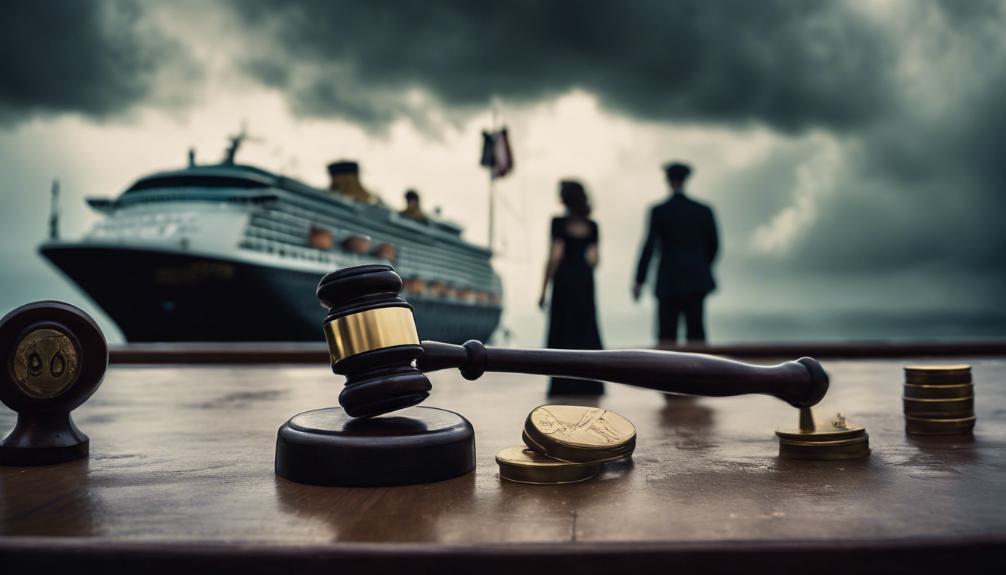
Holding cruise lines accountable for sexual assaults that occur on their vessels is an essential aspect of safeguarding passenger safety and rights. Under the Cruise Vessel Security & Safety Act (CVSSA), cruise lines are mandated to adopt stringent measures to prevent and respond to sexual violence, including providing passengers with information on how to report crimes and ensuring the availability of facilities for forensic exams. Victims can pursue legal action against cruise lines, holding them liable for negligence in providing a safe environment. This legal accountability is vital not only for delivering justice to the victims but also for compelling cruise lines to adhere to the highest safety standards, thereby reducing the risk of sexual assaults on their ships.
Evidence Preservation
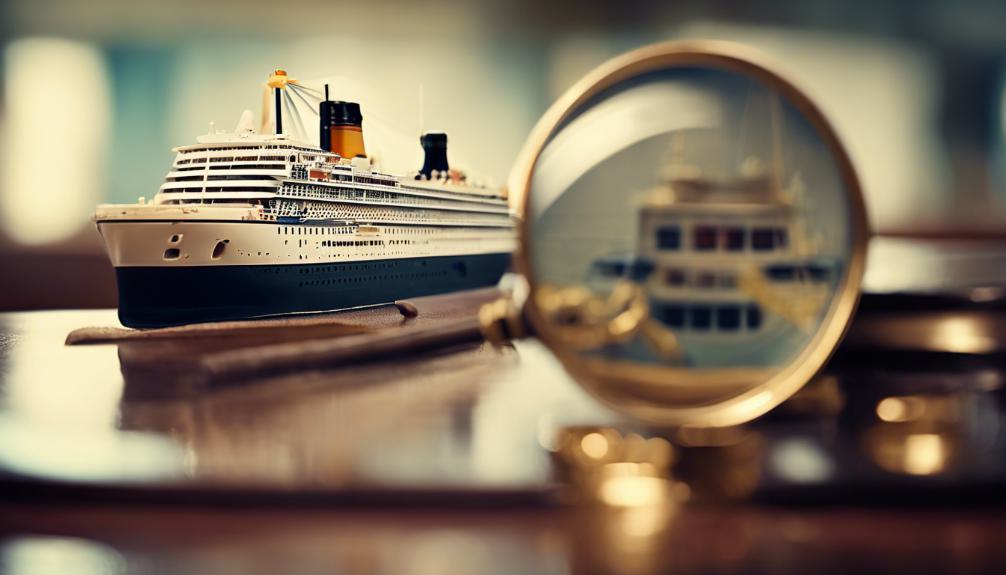
In the aftermath of a sexual assault on a cruise ship, safeguarding evidence becomes a critical step toward achieving justice for the victim. Immediate actions include reporting the incident to ship security and ensuring a forensic exam is conducted on board, as mandated by the Cruise Vessel Security & Safety Act (CVSSA). This act also requires the preservation of any physical evidence and provides victims with access to a sexual assault forensic examination. Documenting the scene, if possible, through photographs and securing witness testimonies can fortify the case. Cruise lines are obligated to assist in these processes, but victims should also be proactive in maintaining a record of all interactions and steps taken post-assault to ensure a robust evidence trail is established.
Seeking Legal Guidance
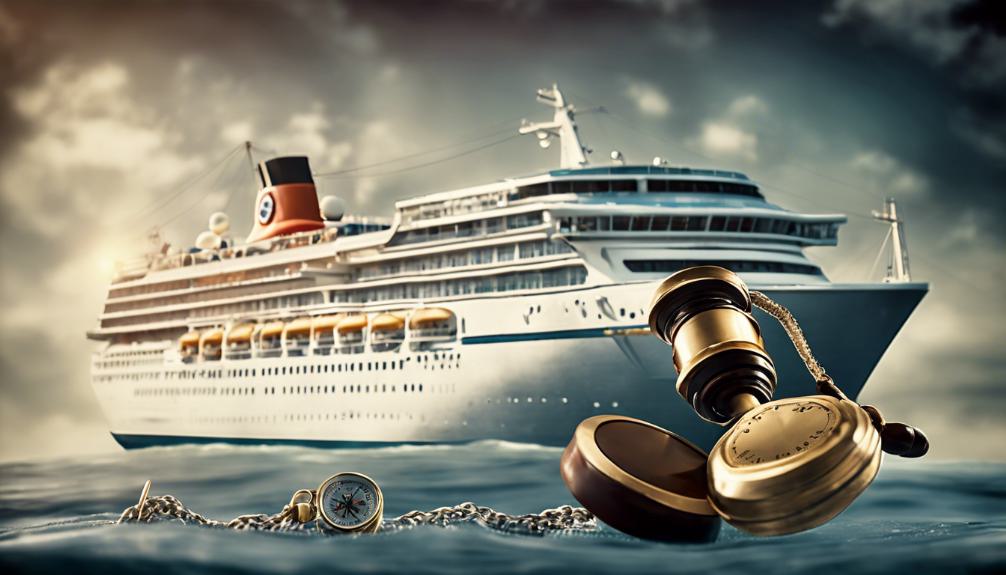
Traversing the intricate legal terrain following a sexual assault on a cruise ship demands expert legal guidance to safeguard victims' rights are fully protected. The complexity of jurisdictional laws and the specific regulations under the Cruise Vessel Security & Safety Act (CVSSA) necessitate a nuanced understanding that only seasoned sexual abuse lawyers can provide. These professionals are skilled at maneuvering the legal frameworks that govern maritime law and personal injury claims, ensuring that victims can hold responsible parties accountable. By engaging a lawyer experienced in cruise ship assault cases, victims can explore their legal options, including filing civil lawsuits against cruise lines for negligence. This step is critical for achieving justice, securing compensation for damages, and enforcing accountability to prevent future incidents.
Case Studies
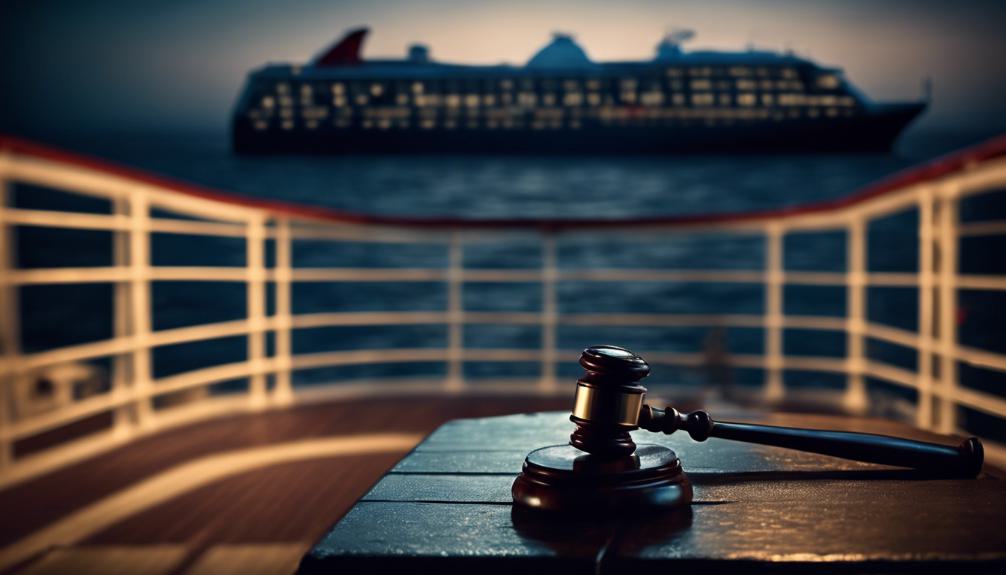
Several case studies of sexual assault on cruise ships offer insightful illustrations of the challenges victims face and the legal complexities involved in seeking justice. These incidents often underscore the grave consequences of negligence by cruise lines in ensuring passenger safety. For instance, a notable case involved a minor assaulted by a crew member, highlighting the need for stringent background checks and surveillance. Another case saw a passenger assaulted by a fellow traveler, raising questions about the adequacy of security measures onboard. These cases often lead to legal battles where the cruise lines are held liable for failing to provide a safe environment. The intricacies of maritime law add another layer of complexity, as jurisdictional issues can complicate the pursuit of justice, emphasizing the importance of experienced legal guidance in maneuvering these challenges.
Compensation and Recovery
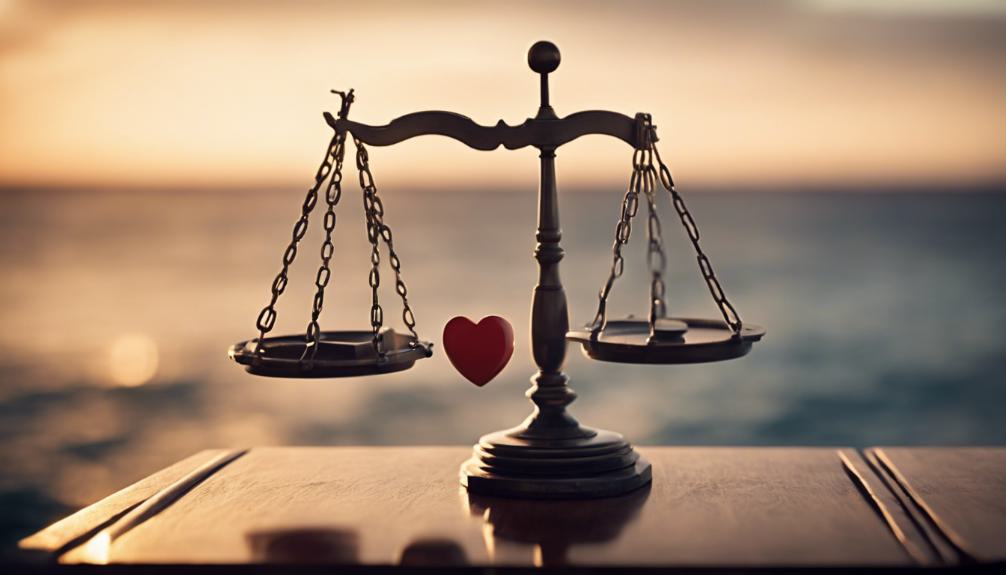
Victims of sexual assault on cruise ships may seek compensation and recovery for damages incurred, managing through intricate legal channels to hold perpetrators and cruise lines accountable. The Cruise Vessel Security & Safety Act (CVSSA) provides a legal framework that emphasizes the cruise lines' responsibility to guarantee passenger safety, including measures to prevent sexual assault. Victims can pursue civil lawsuits against cruise lines for negligence in providing a safe environment, potentially targeting multiple defendants for thorough accountability. Successful legal action may result in compensation for physical, emotional, and psychological damages, aiming to address the trauma experienced. Sailing these legal proceedings requires specialized knowledge, highlighting the importance of consulting experienced sexual assault lawyers familiar with the intricacies of maritime law and cruise ship liabilities.

This post has been generated by AI and was not reviewed by editors. This is Not legal advice. Please consult with an attorney.




